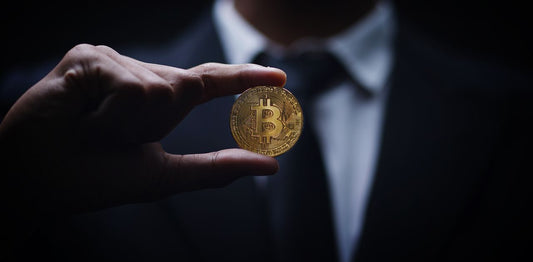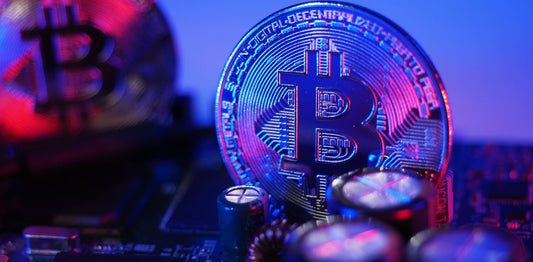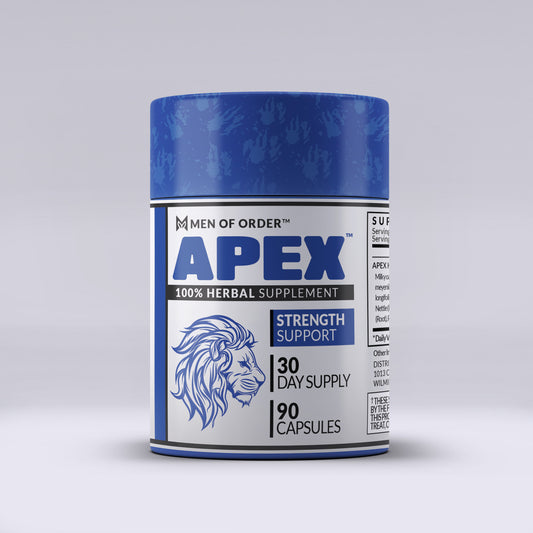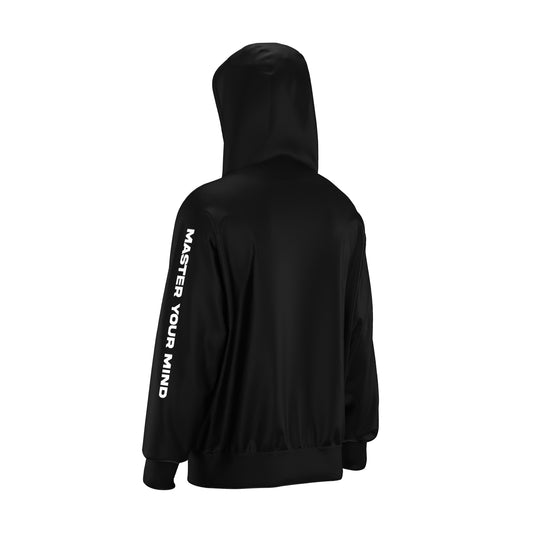5 Min Read. Contains 1035 Words
Life is full of ups and downs, which is why having an emergency fund is extremely important. You never know when you are going to get hit with an unexpected expense, so it is necessary to be prepared for when this happens.
Spending all your money on unnecessary shit is a stupid move that too many people make. Then when they need money the most the don't have it because it was wasted.
Don't be this guy.
In order to get ahead financially, you need to make great financial decisions.
The more prepared you are, the better, but you're probably asking yourself, how much should I keep in my emergency fund?
The answer to this depends on your individual situation, and of course this will have a number of variables. With that being said, some experts have some general insight on how to prepare yourself.

Let's say your car broke down and you need to get it towed and get some parts replaced as well. The total bill comes to an even $1,000. Would you be able to afford it?
Well according to CNBC, only 39% of Americans could pay for a $1,000 emergency expense using cash. The rest would have to borrow money or use a credit card. Yikes!
If you're not in this 39% then you may need to reconsider how you are allocating your money.
Most experts suggest that you should save 3-6 months worth of expenses in a savings account incase an unexpected expense does happen. You never know when your car is going to crap out, or you may even suddenly sick. It sucks to say, but life happens and it's better to be prepared.
With that being said, the 3-6 month rule doesn't apply to everybody. Everyone has different circumstances and different lifestyles, so the amount you need will differ depending on your situation.
There is no one size fits all answer to this question. Some experts say 3-6 months while others say to have at least $1000 saved up. Your situation will be unique from others, but you definitely need to have an emergency account.
Figure Out Your Expenses
In order to figure out how much to save, you need to figure out your income along with exploring your expenses.
My suggestion is to write down every single time you spend money for a few months. Whether it is paying for rent or buying a sandwich, write it down. Creating a budget and knowing where your money is going will change your life.
Writing down your expenses makes everything more clear and will allow you to make better decisions.
Once you have everything written down, you can split your spending into necessary expenses and unnecessary.
Necessary Expenses
- Utilities
- Groceries
- Healthcare
- Rent or Mortgage
- Transportation (Car or Bus/Train)
Unnecessary Expenses
- Vacations
- Partying
- Dining Out/Delivery
- Luxury Items (Expensive Clothes, Cars, Accessories)
Once you distinguish these two, add up all of your necessary expenses after one month and thats how much you need to save.
Example: If your monthly expenses are $1500, 3 months of savings would add up to $4500. I realize that a lot of Americans struggle and this is not possible for everyone, but you need to start somewhere.
If you can't afford it, start eliminating some of the unnecessary expenses from your spending and go from there. Put as much away as you possibly can. Something is better than nothing.
If you're really struggling financially, you need to find ways to make more money.
As I mentioned earlier, it all depends on your personal circumstance. If you have a stable secure job, such as a tenured teacher or a Police Officer, then you might be able to be a bit more loose with your saving, however I still recommend preparing for those rainy days.
If you are self-employed, a freelancer, or a seasonal employee then you most likely need to be more conscious of your spending habits and behaviors. These types of professions tend to be more volatile when it comes to generating income, which is why it is important to have an emergency fund.
Whatever the case is, it is important to prepare for the worst. Failing to prepare is preparing to fail. Simple as that.
When to Use Your Emergency Fund
Once you dedicate a fund to be solely used for emergencies do exactly that. Only use it for emergencies and don't touch it for anything else.
It can be tempting to touch that money, but as we all know accidents happen, and you're most likely going to need it in the future.
A lot of people think that it is only used incase of a career change or job loss, but many other things can happen in life that you are going to need it for.
Unexpected Expenses Include:
- Car Repairs
- Medical Bills
- Pet Emergencies
- Electronics Replacement
- Major House Repairs (Not Covered By Insurance)
These are exact situations that you are most likely going to have to face in life, but if you are prepared for the worst then you can reduce your stress and move on.
Where to Keep an Emergency Fund
When it comes to an emergency fund, you want to separate it from other savings and investments. It is way too easy to get tempted and spend this money.
The most common place to keep cash savings is in a general high yield savings account. Be mindful that this cash isn't going to grow dramatically, however, the goal is to just have this cash available for an emergency.
You can also keep your money in a money market account which is similar to a savings account, but the money market account usually comes with debit card and check writing abilities which makes it more accessible when you are in a bind.
Wherever you choose to keep your money, make sure you do your research thoroughly.
In rare situations, you can also use a high credit-limit credit card as your emergency fund, but I do not recommend that for everybody. This is only meant for super responsible people who are disciplined.
Emergency Fund Recap
Having an emergency fund is absolutely necessary.
Life is full of curveballs and twists and turns, but if you are prepared then you will be fine.
Figure out your expenses, make responsible financial choices, and do your research.
















